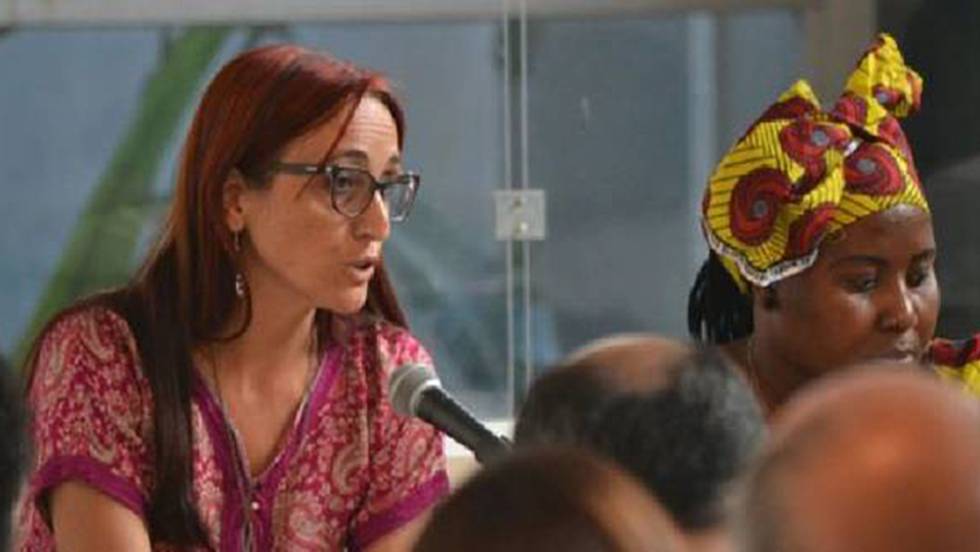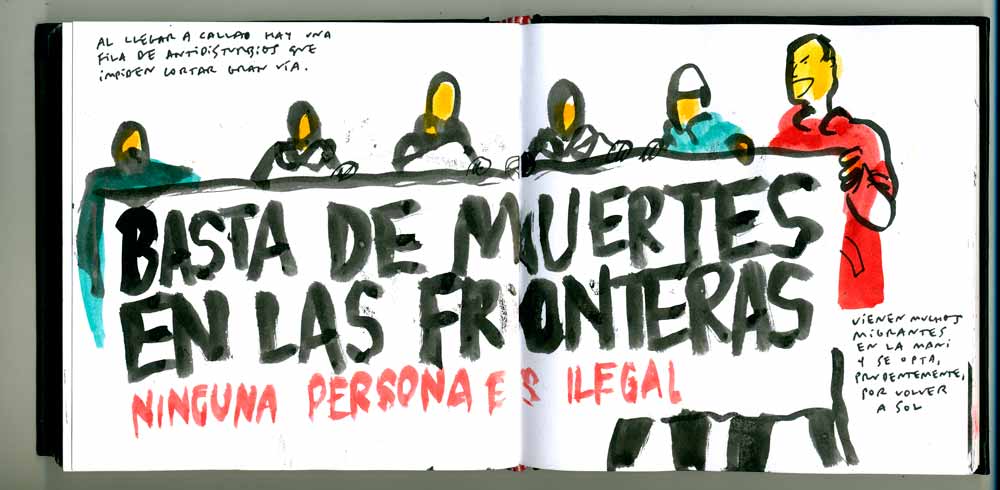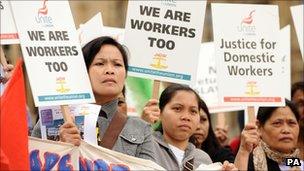
March 15, 2019, and the news, once more, is terrible. In Christchurch, New Zealand, 49 Muslim worshippers massacred in the name of white supremacy. Off the coast of Morocco, 45 migrants drowned in the Mediterranean. Three years ago, all that was human drowned in the sea, all that was holy had been profaned, and we thought, we hoped, we were at last compelled to face with sober senses our real conditions of life, and our relations with our kind. Seven years ago, we thought it might be too late to sing songs beyond mankind. We thought there had to be songs to sing, and that those songs had to begin by turning swords into ploughshares, immediately, right away. And then we moved on, which is to say we went nowhere.
Today, the news and much of the world is filled with discussions of “white supremacy.” The butcher of Christchurch was “deep” into white supremacist culture. The drowned migrants, many of them women and children, had to take to the sea because Europe (and the United States and Australia) have declared a “just war” on migrants of color who are represented as an “invasion” at the border and in the homeland.
There are no more songs to sing; even silence fails us, as we fail silence. Here’s how the news from Christchurch was contextualized, “Christchurch, the South Island’s largest city, which is known to have an active white-supremacist subculture.” Known to have an active white-supremacist subculture. What kind of knowledge, what kind of knowing, is that which knows and does nothing? White supremacy is hate; white supremacy is a hate crime. It is not a preference; it is a deadly assault always already in motion.
Having survived, at times regretfully, the Holocaust, Paul Celan tried, and failed, to turn the pain, horror and anguish of mass violence into the possibility of understanding. Poetry is what emerges from that failure. May it not be too late.
Whichever stone you lift –
you lay bare
those who need the protection of stones:
naked,
now they renew their entwinement.
Whichever tree you fell –
you frame
the bedstead where
souls are stayed once again,
as if this aeon too
did not
tremble.
Whichever word you speak –
you owe to
destruction
(Image credit: Meditatioprodomo)




